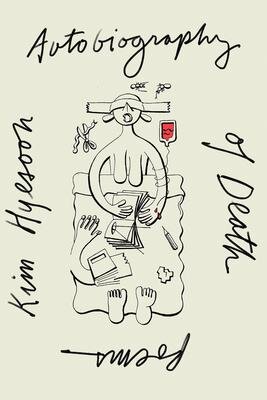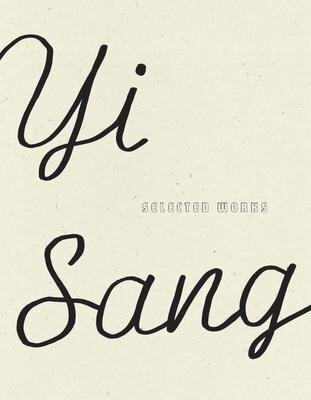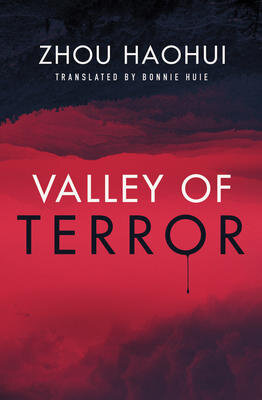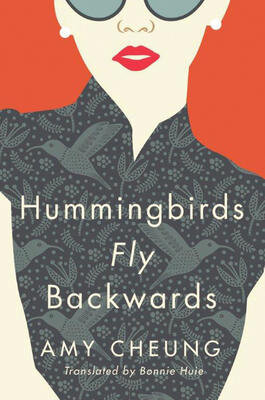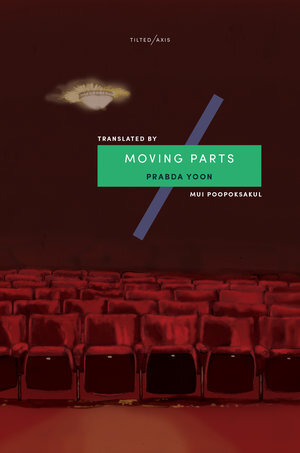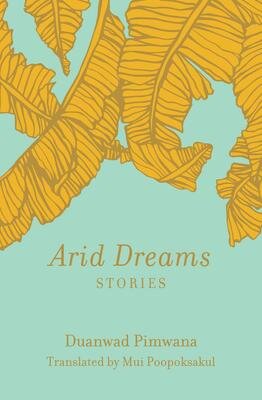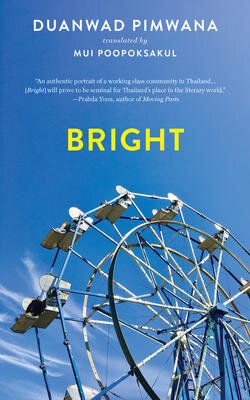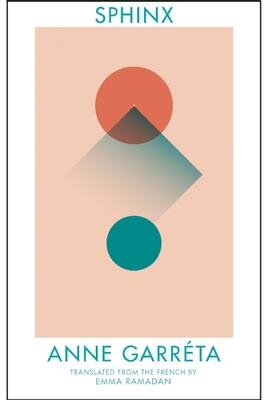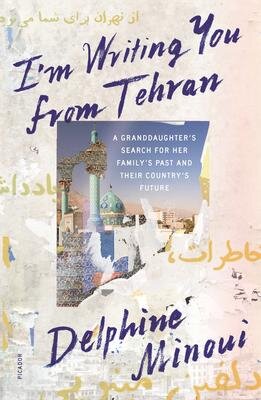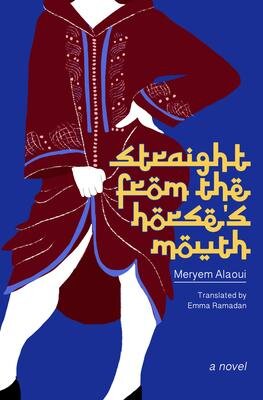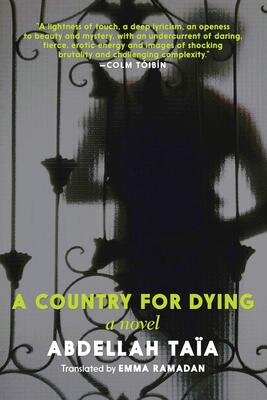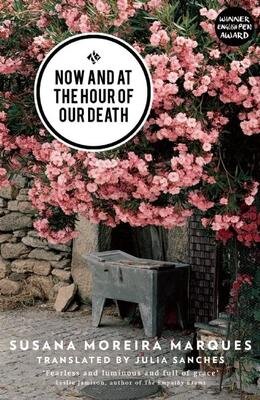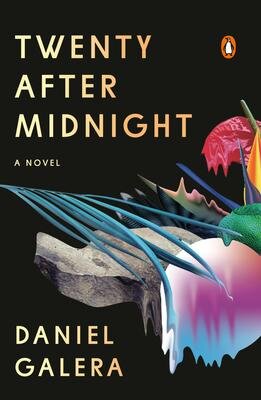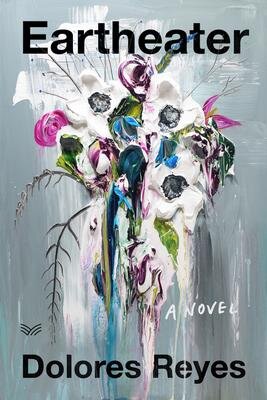WiT Month: A Reading List
For the last day of Women in Translation Month we’re highlighting just a few of our favorite books and some of the books we can’t wait to read from the translators who participated in our Q&A series. Whether you’re new to literature in translation or a die-hard WiT reader, looking for compelling nonfiction or queer literature, this list has it covered.
To read each translator’s Q&A, just click their name!
Though Don Mee Choi’s DMZ Colony isn’t a translation, the collection interweaves poetry, prose, photography, maps, and more for a powerful personal and political reckoning which provides the basis for Choi’s anti-colonial mode of translation.
A poet herself, Choi has translated numerous collections from the renowned South Korean poet Kim Hyesoon, the most recent of which won the Griffin International Poetry Prize and excavates the structure of death and historical trauma with visceral clarity. The Korean painter, architect, poet, and writer Yi Sang also engaged with personal and historical trauma in his experimental and daring poetry from the 1930s, when the Korean peninsula was under Japanese colonial rule. Look out for his Selected Works, which was edited and co-translated by Don Mee Choi, in late September.
If you haven’t read Qiu Miaojin’s Notes of a Crocodile, you should do so immediately. This novel, expertly rendered into English, made Miaojin an icon of the Taiwanese counter culture for its bold portrayal of a group of queer college students coming of age in 1980s Taipei and experimental style.
Huie has translated numerous short stories and poems, as well as several other book-length works. These include Hummingbirds Fly Backwards, a novel set in 1990s Hong Kong that centers the friendship of three characters stumbling towards adulthood by Amy Chueng, and Zhou Haohui’s horror thriller Valley of Terror, in which a historian and a psychologist team up with the police to discover the source of a mysterious “disease” scaring the citizens of Longzhou to death.
Mui Poopoksakul’s first book-length translations appeared in the UK in 2017: Prabda Yoon’s story collection The Sad Part Was explores modern life in Bangkok with wit and and a highly literary, evocative style. The same publisher–founded by translator Deborah Smith–also published a second collection of Yoon’s surreal and playful stories a year later.
Duanwad Pimwana’s novel Bright, the offbeat coming-of-age story of a young boy, was Poopoksakul’s first US publication, as well as the first English translation of a novel by a Thai woman writer. Shortly after, Pimwana’s revelatory story collection Arid Dreams, which offers thoughtful social critiques of class and gender, was published.
You may be familiar with Emma Ramadan’s work from her translation of Anne Garréta’s Sphinx or her more recent co-translation of Me & Other Writing by Marguerite Duras, but in fact Ramadan makes a point to translate francophone writers from all over the world.
Journalist Delphine Minoui’s I’m Writing You from Tehran, which came out in the spring, is a gripping account of the author’s return to Iran after her father’s death for the first time since the revolution, interweaving the search for her heritage with international affairs as the political situation deteriorated. But Ramadan’s real specialty lies in Morrocan literature, where she spent a year learning about the country’s culture and history. Meryem Aloui’s Straight from the Horse’s Mouth and Abdellah Taïa’s A Country for Dying, which explore the lives of outsiders in Morrocan society, both come out in September.
Working from Portuguese, Spanish, Catalan, and French, Julia Sanches’ translations include authors from Brazil to El Salvador to Catalonia. The translator of Portuguese writer and journalist Susana Moreira Marques’ brilliant meditation on death and mortality Now and at the Hour of Our Death, her most recent translations, both out in August, originate in Brazil: Daniel Galera’s Twenty After Midnight, a dark, nuanced portrait of three friends in crisis, and Geovani Martins’ debut story collection The Sun on My Head, which evokes the danger, poverty, and relief of life in Rio de Janeiro's favelas.
Sanches’ translation of Dolores Reyes’ electric novel Eartheater, chronicling the life of a woman who receives visions of murdered and missing people from eating earth, comes out later this year, with several more titles to look out for in 2021.




